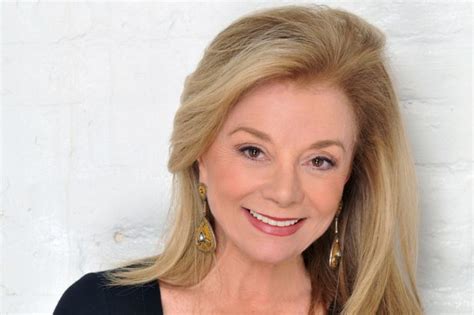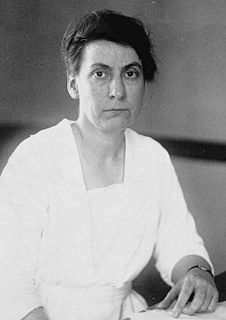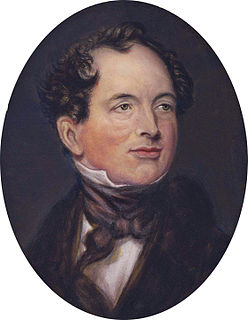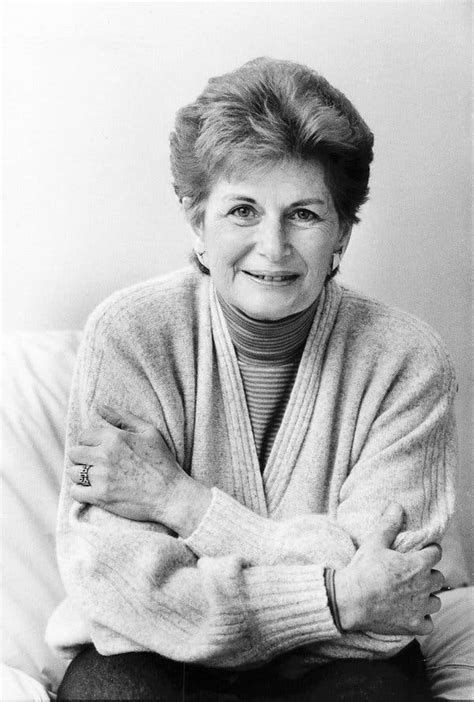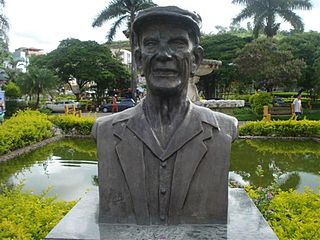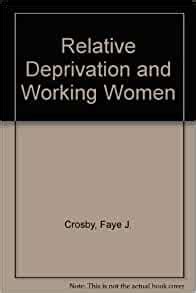A Quote by Sylvia Ann Hewlett
Fashions change, and with the new psychoanalytical perspective of the postwar period [WWII], child rearing became enshrined as thespecial responsibility of mothersany shortcoming in adult life was now seen as rooted in the failure of mothering during childhood.
Related Quotes
I was powerless over my childhood but the coping strategies that I developed, to survive, all of which were creative and brilliant and got me through, as an adult those became my defects of character. Those became my shortcomings, control and all that kind of stuff... and that's my responsibility. I was a blameless child in what happened in the home; I take responsibility for my behaviors as an adult.
Each era invents its own child. Over the past 500 years, conceptions of the child changed gradually from an ill-formed adult who must be subjugated to society's goals to a precious being who must be protected from unreasonable social demands. Childhood has come to be seen as a special period of life, rather than as a temporary state of no lasting importance for adulthood.
Children, it should be repeated, are not pocket editions of adults, because childhood is a period of physical growth and development, a period of preparation for adult responsibility and public and private life. A program of children cannot be merely an adaptation of the program for adults, nor should it be curtailed during periods of depression or emergency expansion of other programs.
Rearing a family is probably the most difficult job in the world. It resembles two business firms merging their respective resources to make a single product. All the potential headaches of that operation are present when an adult male and an adult female join to steer a child from infancy to adulthood.
Personal change, growth, development, identity formation--these tasks that once were thought to belong to childhood and adolescence alone now are recognized as part of adult life as well. Gone is the belief that adulthood is, or ought to be, a time of internal peace and comfort, that growing pains belong only to the young; gone the belief that these are marker events--a job, a mate, a child--through which we will pass into a life of relative ease.
When I was a child, I spoke like a child, I thought like a child, I reasoned like a child; when I became an adult, I put an end to childish ways. For now we see in a mirror, dimly, but then we will see face to face. Now I know only in part; then I will know fully, even as I have been fully known. And now faith, hope, and love abide, these three; and the greatest of these is love.
Many of the things that I have written on have focused, at least a big part of the story, on adolescents. I think that in that period of life, so much happens, and it's the period of life where you're forming into an adult. In certain ways, you're already an adult and in certain ways you're still a kid.
In certain circumstances where he experiments in new types of conduct by cooperating with his equals, the child is already an adult. There is an adult in every child and a child in every adult. ... There exist in the child certain attitudes and beliefs which intellectual development will more and more tend to eliminate: there are others which will acquire more and more importance. The later are not derived from the former but are partly antagonistic to them.
